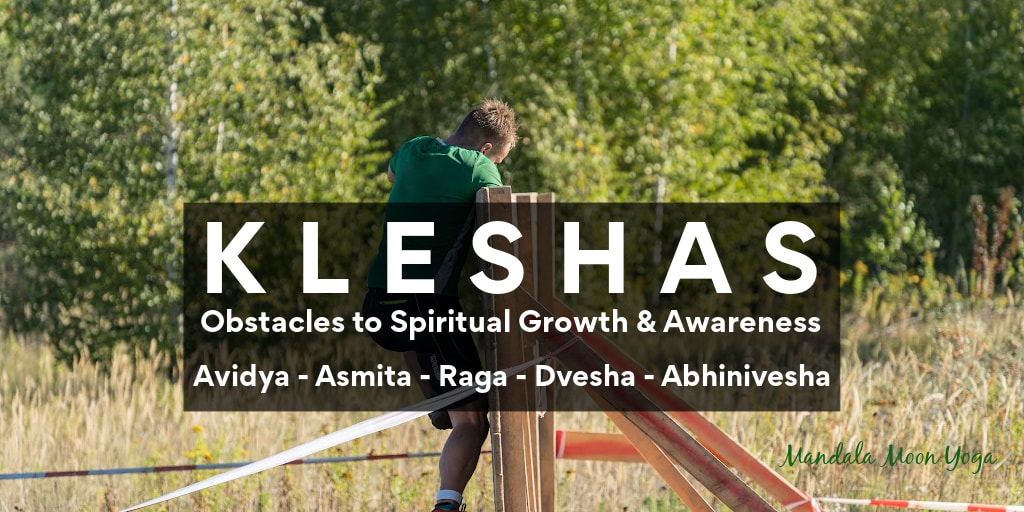The holidays are upon us. The radio DJs are playing holiday music, the lights are on the lake, and the stores have been putting the Christmas displays out for weeks already.
0 Comments
"If I could ask you to do anything, it would be to invite a veteran to yoga. It might just save their life." ~ Staff Sergeant Dan Nevins — U.S. Army Operation Iraqi Freedom II. Veteran turned yoga teacher.
We were originally inspired to offer free yoga to veterans by photographer Robert Sturman back in 2016. And we continue to be inspired every November. Thank you, Veterans, for your service. 🇺🇸 Please contact Dena to schedule classes. 315-673-7535. Proof of service (DD Form 214) required.  If you are a student at the studio, you may have noticed that we've been exploring some alternatives to Namaste at the end of many Mandala Moon Yoga classes. In our 2022 Yoga Teacher Training, we had a segment on Cultural Appropriation in Yoga. As you know (I hope), the practice of Yoga originated in India thousands of years ago, and I try to be very careful to give credit to that history and culture whenever possible. For instance, our current study of the Yoga Sutras (in my ongoing multi-level and restorative yin classes) reminds us that our practice is more than a physical practice, and it reminds us where the philosophies of yoga originated. In preparation for the Mandala Moon Yoga Teacher Training, I took some training of my own from an American Yoga teacher of Indian descent, and she included some enlightening information about Namaste. In my experience, the intention of American practitioners was/is to "bow in respect" to their teacher, students, or classmates. However, in South Asian countries, the word is used as a greeting, usually reserved for elders. So, rather than saying "Hello" at the end of class, we are trying out some new closing words. I've been exploring simply "Thank you" or "Shanti," which translates as peace. You may also hear "Jai Bhagwan," which is the Hindi phrase used most at Kripalu Center for Yoga and Health, where I completed my yoga teacher training. Jai Bhagwan is Hindi rather than Sanskrit and similar to Namaste. The translation I enjoy is "May the divine in you be victorious." Do you have a favorite? Let me know! You can read more about "How 'Namaste' Flew Away from Us" in this NPR article. The author, Kumari Devarajan, explains the evolution of the word, which originated in the Vedas, and speaks from an Asian perspective about why it is considered appropriation. Like all things yoga, though, I believe that intention is the most important thing. This is not a hard and fast rule. If you are comfortably and respectfully finishing your practice with Namaste, I most certainly will not stop you! Just wanted to provided some food for thought. |
Dena D. BerattaHonored to teach, but always a student. Archives
May 2024
Categories
All
|
Call us: (315) 673-7535 or text: (315) 440-9125 |
Email: [email protected] |



 RSS Feed
RSS Feed